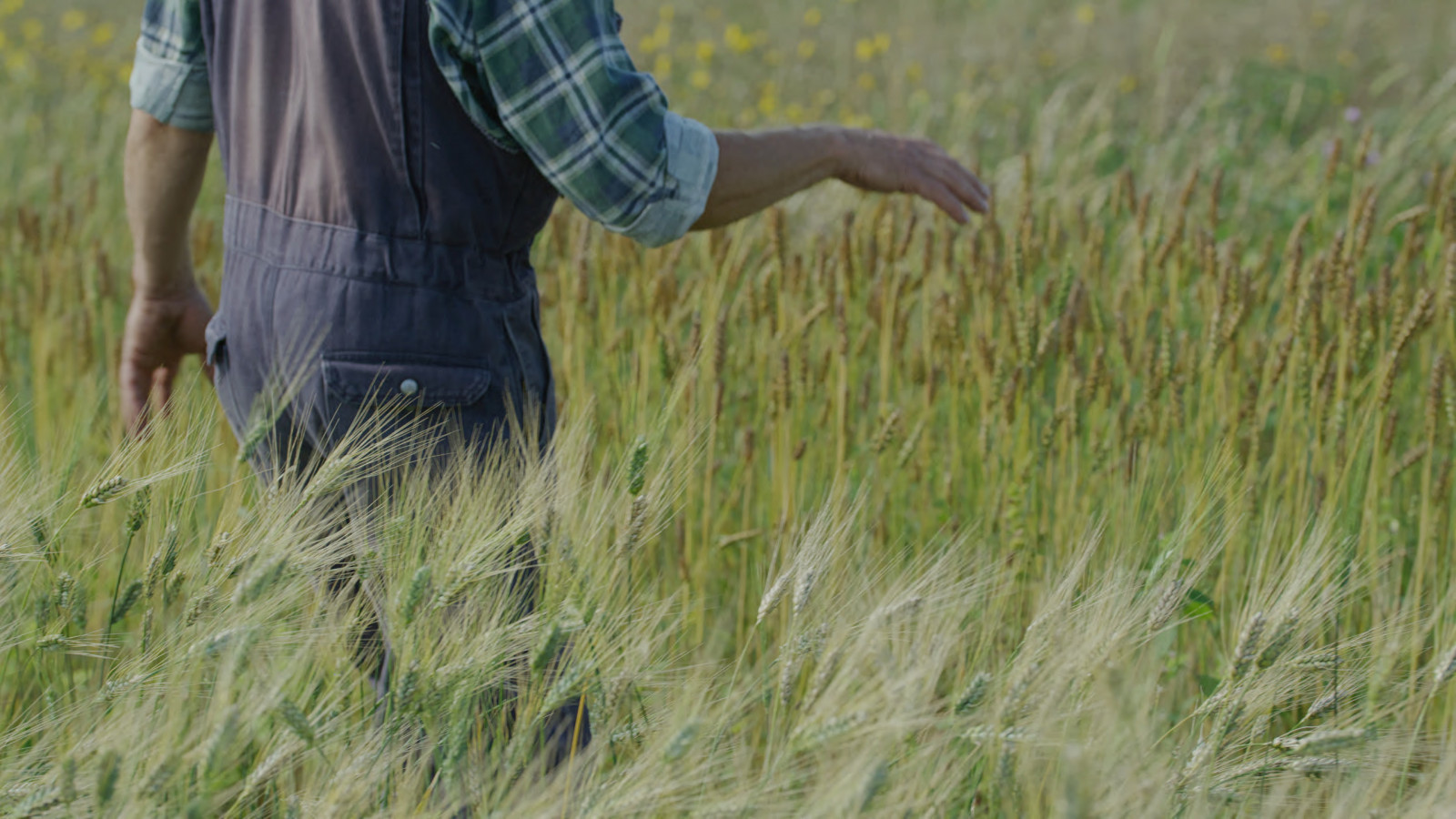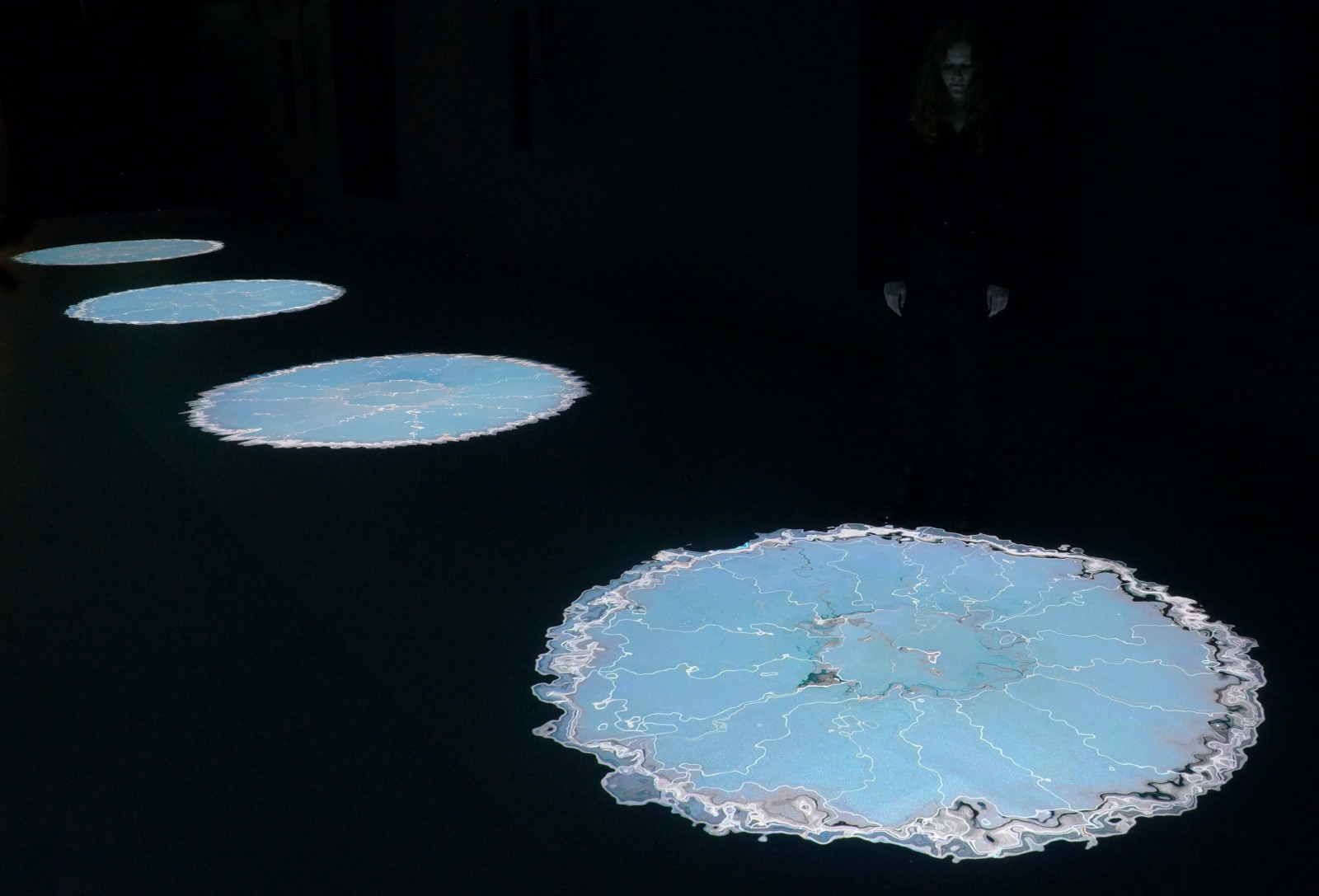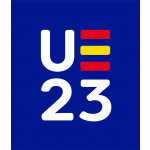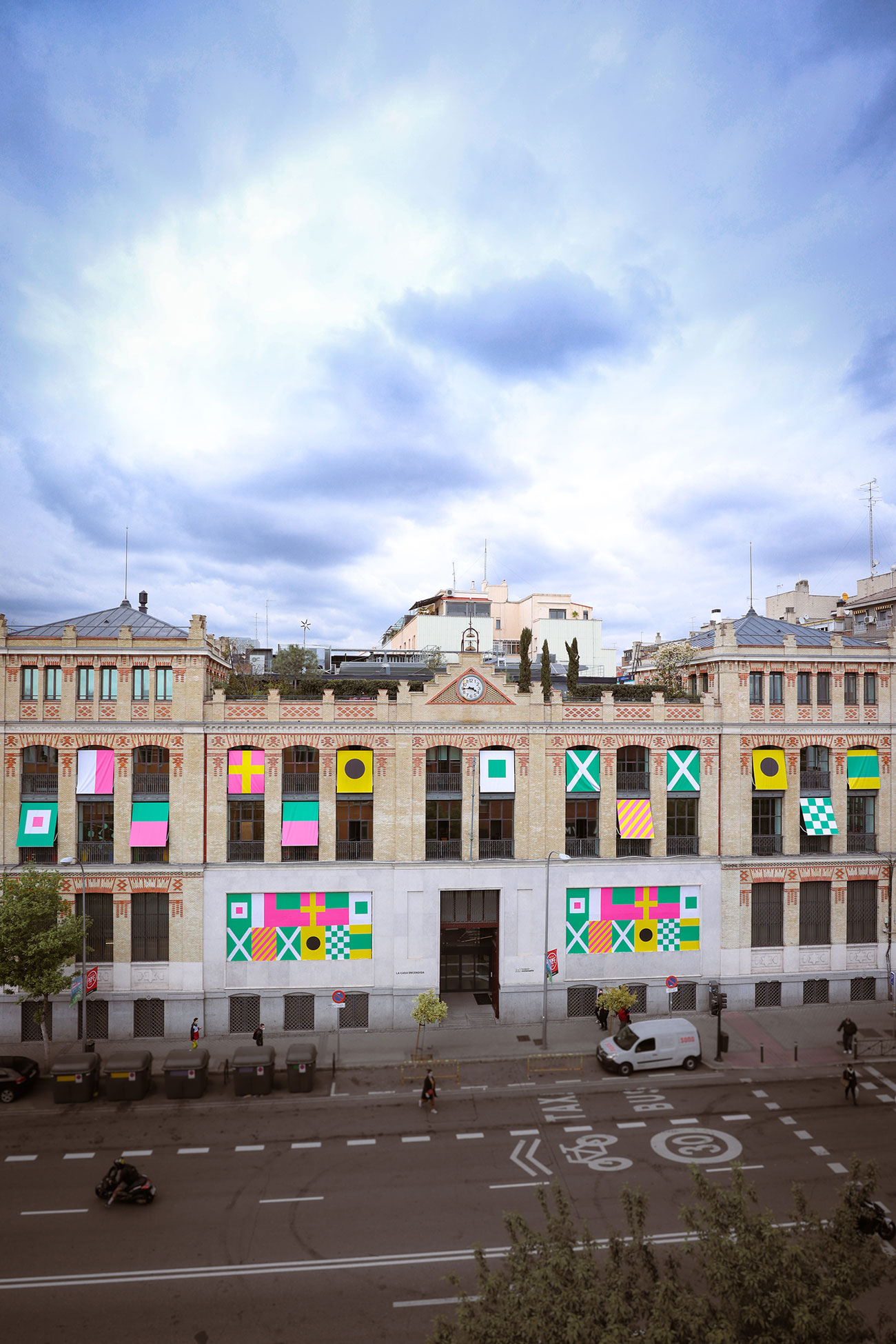| Target audience: | General public |
| Duration: | 2 hours 30 minutes |
| Price: | 0€ |
| Location: | Patio |
Landscape is probably one of the most refined cultural constructs, as it is the result of human action on nature over a long period of time. It is also, therefore, a fundamental source of information for understanding the health of our social and natural systems.
Cartography of environmental struggles (mega pig-farms and eutrophication).
With Ana Tudela Flores, journalist specialising in Economics and Climate, co-founder of DATADISTA, member of the Oxford Climate Journalism Network, European Climate Journalism Award 2023 in the Data Category, author of Crisis S. A. (Akal, 2014) and Playa Burbuja (DATADISTA, 2018). She has been an editor at El Economista, Público and El Español, head of content at the Spanish edition of Forbes and a contributor to El País, elDiario.es, CTXT, Jot Down and Vanity Fair. She is Professor of Economic Research at the Master’s Degree course in Research and Data at Unidad Editorial.
How to remove a dam from a river and why. European and Spanish initiatives to remove dams and other barriers preventing fish migration in rivers.
With Pao Fernández Garrido, from Dam Removal, an organisation for the recovery of the natural course of rivers in Europe. Pao Fernández studied Forestry Engineering and Ecosystem Restoration. She specialised in fish ladder design and assessment and later trained in dam demolition.
The role of the inhabited cultural landscape used for food production or grazing as an internationally recognised area of cultural heritage. The case of the Iberian pasture lands.
Pedro Herrera, biologist, specialist in territorial planning and management, project coordinator at Fundación Entretantos, a non-profit foundation for the advancement of sustainability and a better relationship with the territory. Pedro Herrera is also an external consultant on pastures and pastoralism for FAO and UNCCD.
Grassland Regeneration in China
Artists Cao Minghao and Chen Jianjun currently live and work in Chengdu. Their artistic practices are research-based and process-driven, emphasising transactional collaboration between artists and their partners in the ecological and socio-cultural spheres. Devoted to the dialogical relationship between different realities and the survival of myriad things, their practices grow from a space where the material ecology of water and the current socio-environmental issues of humanity come together and intertwine.
Moderator: Brenda Chávez, journalist and researcher specialising in consumption, sustainability and culture. She writes for The Guardian, El País, El Salto, Muy Interesante and Rockdelux, among other publications. She also directs Consuma Crudeza [Consume It Raw], a section devoted to sustainable consumption on the radio programme Carne Cruda (eldiario.es). She is the author of the books on responsible (conscious, or sustainable) consumption Tu consumo puede cambiar el mundo (Península) and Al borde de un ataque de compras (Debate) and has co-authored Consumo Crítico (Catarata).
Curated by Cooking Sections.
Organised by La Casa Encendida with the support of the Spanish Presidency of the European Union.
Within the framework of the Spanish Presidency of the EU Council during the second half of 2023, Ágora Climávora [CLIMAVORE Agora] is part of a broad cultural programme of dissemination and reflection that brings citizens closer to the values, projects and current challenges of the European Union.
Access to the event is free of charge. We recommend you book your place in advance.
If you want to attend the buffet with the speakers on Saturday the 18th, book and pay for your place here.




